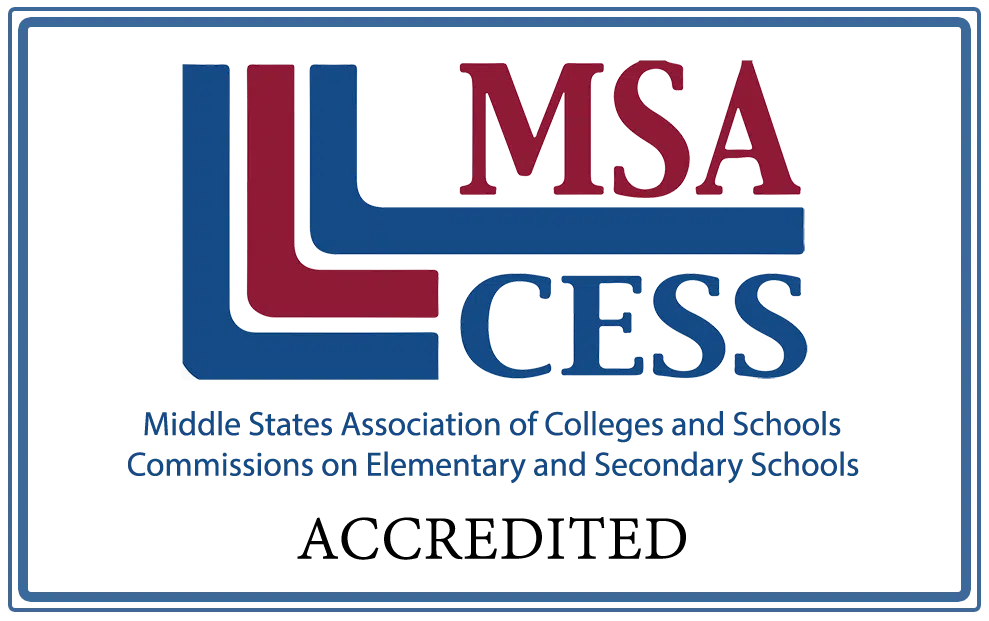
The work of curriculum development is never done. We continually try to perfect our courses and overall model all the while knowing static perfection is an unattainable goal. With about four thousand students in high school each year, we receive a strong and constant flow of data and feedback about how well our students are doing. Sometimes, external factors change as well, such as the long-awaited overturning of Roe v. Wade, which had been a center point of our American Government courses. As of January 1st, we have made some minor changes, and I wanted to share what those are and explain the reasons behind them.
Diploma Tracks
Seton has long had a reputation for strong academic requirements, especially the strong writing skills we foster through our courses. A few elite universities, however, because they are so selective, sometimes require more than our regular diploma requirements. In particular, the military service academies such as West Point, Annapolis, and the Air Force Academy essentially require the equivalent of 5-years of normal high school preparation. To help our students entering these most elite schools, in 2014 we created an “advanced academic diploma” track with 26 credits instead of our normal 22. In order to complete so many credits, students had to “overload” their course list. This is not a path we would advise for students who do not require such a course load. Our regular academic diploma is already challenging, and we have had students accepted into Ivy League schools and services academies with that as their base. Seton’s academic diploma is designed for students entering college and is designed to equip our students with competitive credentials.
In the 8 years since we started this program, more and more students have attempted to take the advanced track. While that might sound like a good thing at first, the advanced diploma track, for students who are not intending to go to a West Point or Harvard, can be detrimental to attempt such a heavy course load. Attempting a course load that is too heavy might lead to less time available for each course and a lower GPA as a result. It might also mean that students aren’t able to finish their courses within a year’s time and fall behind where they want to be.
At the end of the day, the transcript sent to a college only reflects the courses and grades taken. It doesn’t say “advanced” on the transcript. It is far more important to spend sufficient time on each course and earn a better grade than it is to try to complete more high school courses than a college requires. Colleges like to see extracurricular activities as well, and it is important to leave time in your schedule for those.
In recent years, we also had a general diploma option. The main reason that this was created was the difficulty some students had taking foreign language courses. This was before Seton introduced courses using the online Rosetta Stone program which has made languages far easier for homeschool students to take. Due to Rosetta Stone, the reason for the general diploma option has largely disappeared.
We simplified the diploma requirements and suggested course list sections of our website to only show the academic diploma information. The other options will still exist for those who want to use them and for counselors to recommend on an individual basis (we also have a special services diploma which is separate), but the regular academic diploma requirements should be perfect for the vast majority of our students. The change in presentation is designed to encourage more students to follow the academic diploma requirements.
American Literature and Government Requirement Changes
In the recent past, we required 5 English credits (5.5 for new students who need additional grammar), which is more than any other high school or college we have heard of. While we of course believe that English is extremely important, we want to create for more room for flexibility for parents. As such, our American Literature course is being moved from a requirement to a strong recommendation. This change also reduces the difference between the academic and general diplomas. One of the reasons that we want more flexibility is so that we can offer more niche courses as electives. For example, we have a Creative Writing course coming out this summer and we want to make sure students have room in their schedule to take that course if they wish.
Along those same lines of creating flexibility, we are changing our government requirement from a full credit to a half credit. We don’t currently offer a half credit government course, but plan to make one available in the summer.

